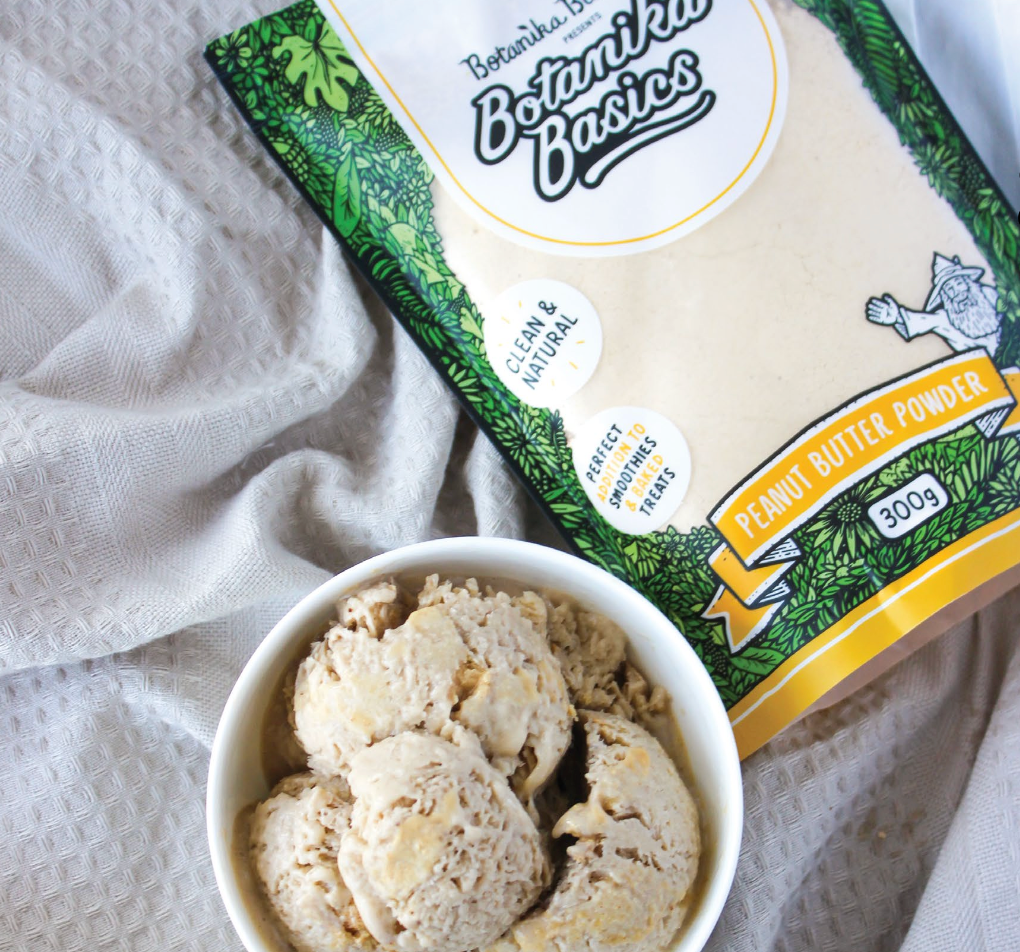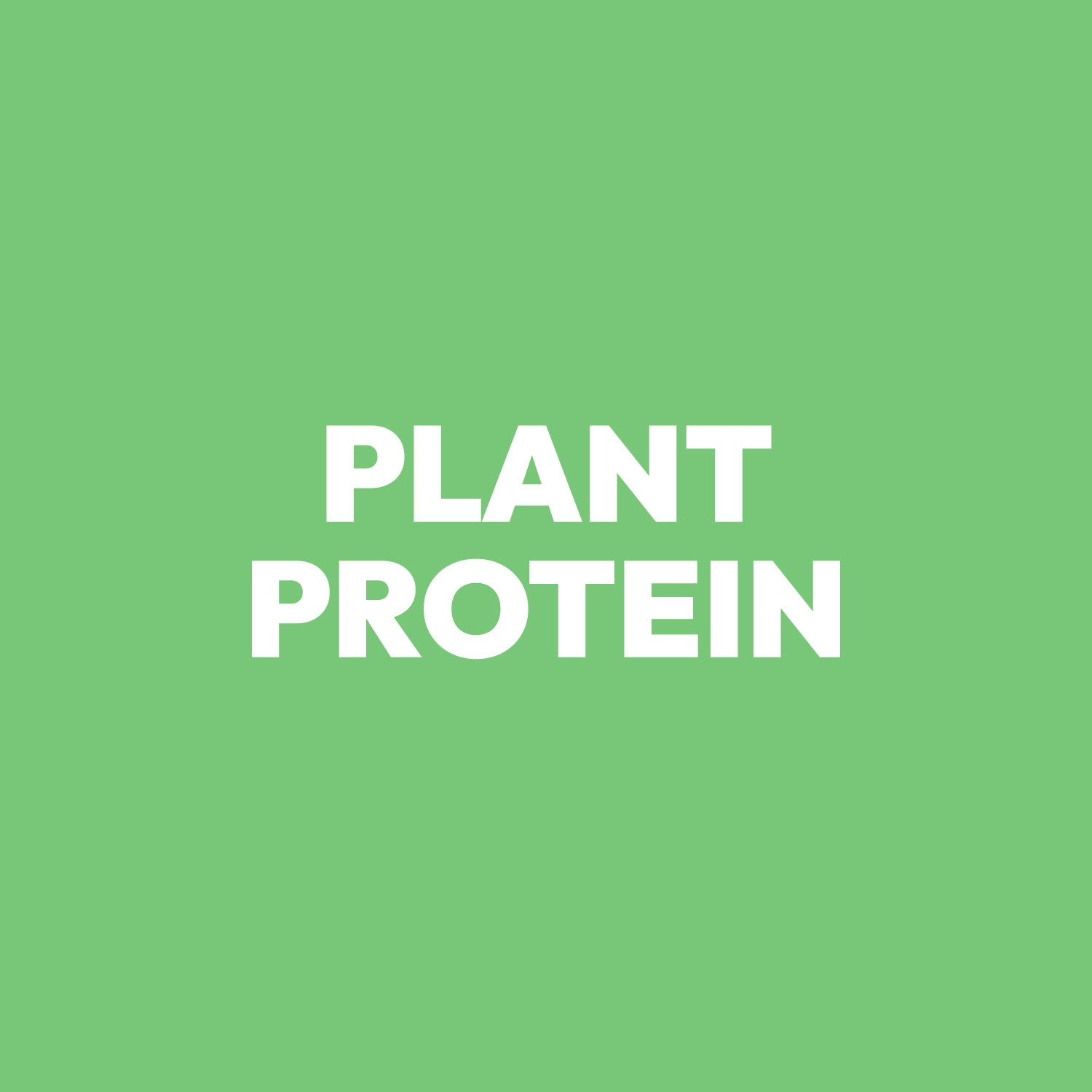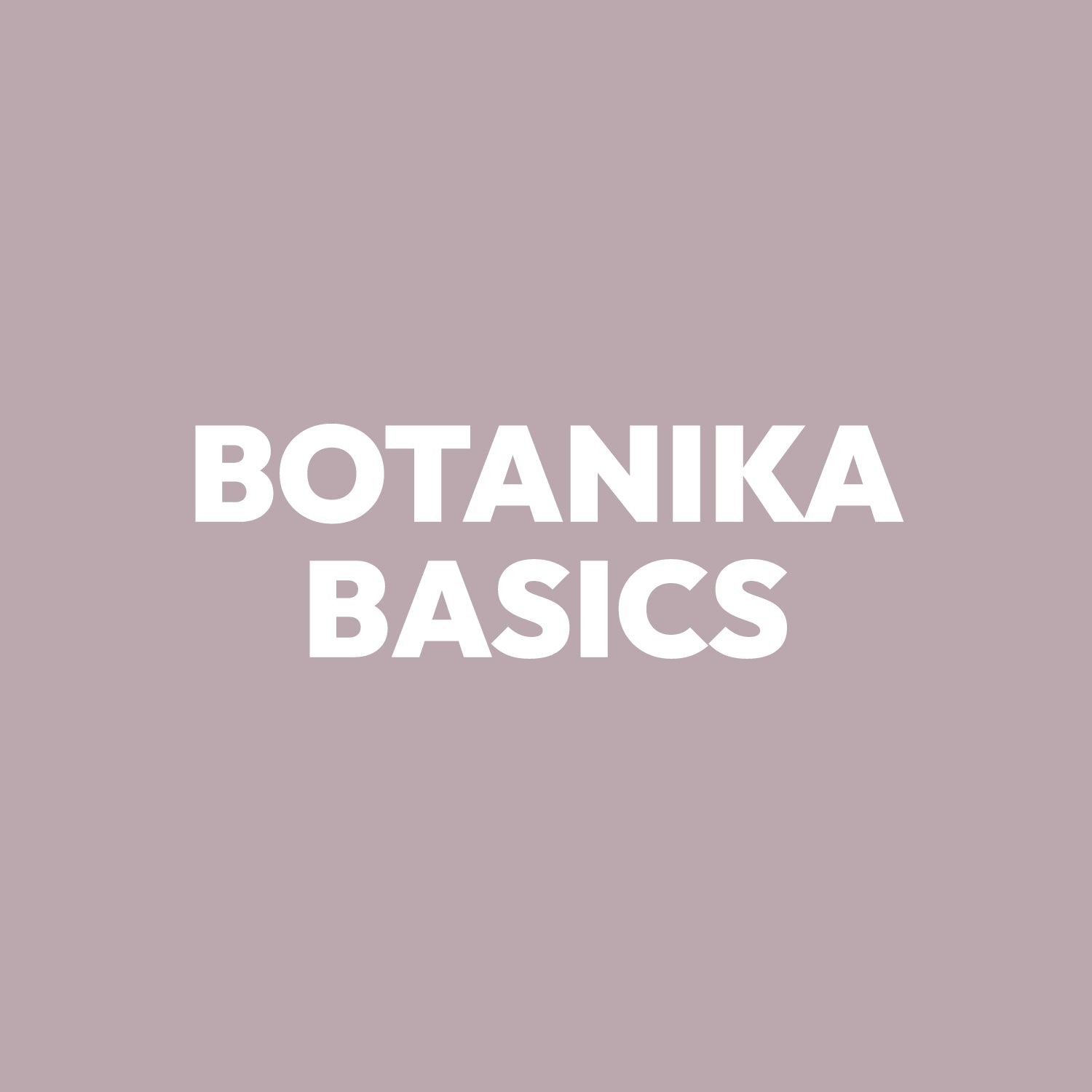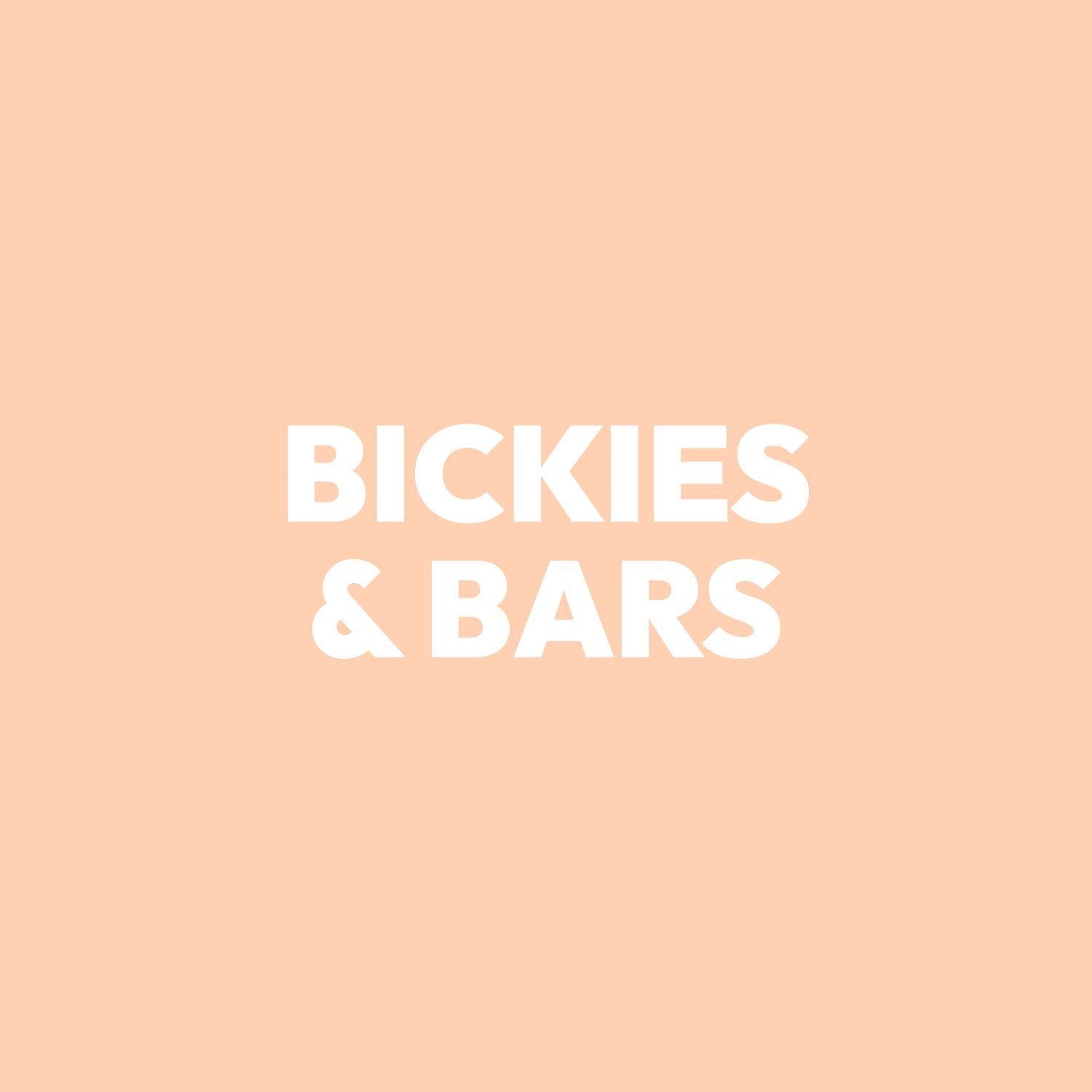

Is Peanut Butter Good or Bad for Your Health?
When it comes to spreads, peanut butter often divides opinion: is it a superfood or a calorie trap?
The truth lies somewhere in the between — peanut butter can be a nutrient dense and satisfying food, as long as you choose wisely and eat in moderation.
Below, we unpack the nutritional profile, health benefits, risks, and tips to make peanut butter a smart part of your diet — plus how your Peanut Butter Powder product fits in.
The Nutritional Profile of Peanut Butter
Peanut butter is calorie-dense, but that doesn’t mean it’s “bad.” Let’s look under the hood:
-
In 100 g of smooth peanut butter: ~ 597 calories
-
Around 51% fat, 22% protein, 22% carbs (of which some is fibre)
-
The fats are mainly unsaturated fats (monounsaturated + polyunsaturated), especially oleic acid
-
It also contains vitamin E, magnesium, phosphorus, copper, zinc, and B vitamins
-
In a more common quantity: two tablespoon serving (about 32 g) gives ~ 7 g of protein, ~ 16 g fat (with ~3 g saturated), a few grams of carbs and fibre, plus minerals and vitamins
-
Note: many commercial brands add hydrogenated vegetable oils, added sugar, salt, or stabilisers — these can detract from the natural benefits
So peanut butter offers plant protein, healthy fats, and micronutrients — but the final quality depends heavily on the ingredients.
Health Benefits of Peanut Butter

Peanut Butter as Protein & Satiety Aid
Because it's a good source of plant protein, peanut butter helps with muscle repair and fullness. Its combination of protein and fat slows digestion, helping you feel more satisfied and reducing cravings.
Healthy Fats and Heart Health
The monounsaturated and polyunsaturated fats (especially oleic acid) in peanut butter are heart‑healthy fats. They can help lower LDL (“bad”) cholesterol and improve lipid profiles.
Some studies show that regular peanut or peanut butter consumption is associated with reduced risk of heart disease.
Blood Sugar Control
Because peanut butter is relatively low in carbs and high in fat and protein, it causes less sudden spikes in blood sugar. When eaten with higher‑glycemic foods, it can blunt the spike.
A review of multiple studies found that people who eat peanut butter regularly have a lower risk of developing type 2 diabetes.
Antioxidants & Anti‑Inflammatory Effects
Peanut butter contains compounds like p‑coumaric acid and vitamin E, both of which are antioxidants that help fight oxidative stress and reduce inflammation.
Weight Management (when used wisely)
Although peanut butter is calorie dense, moderate intake doesn’t necessarily derail weight management. Because it’s satisfying, it can prevent overeating of less nutritious snacks.
Versatility in a Healthy Diet
Peanut butter (and natural peanut butter) is versatile: spread on apple slices, swirl into smoothies, add to sauces, or use peanut butter powder for lower-fat versions.
What Can Go Wrong? Risks & Drawbacks
Overconsumption & Calorie Surplus
Because it’s calorie-dense, eating more than an average serving or multiple tablespoons can push you into a calorie surplus, risking weight gain.
Added Ingredients & Trans Fats
Many mass-market peanut butters include hydrogenated vegetable oils or partially hydrogenated fats (which contain trans fats), plus extra sugar and salt. These additions can harm heart health and raise saturated fat levels.
Allergies & Food Safety
Peanut allergies are serious and sometimes life-threatening. Also, peanuts (and peanut butter) can be contaminated by aflatoxins (molds producing toxins) — though this is more controlled in modern food supply chains.
Saturated Fat / Cholesterol Concerns
Though peanut butter has relatively low saturated fat, some varieties with palm oil or added saturated fats can increase saturated fat burden, which may adversely affect cholesterol if consumed in excess.
Misleading Labels
Products marketed as “healthy” may hide added sugar, salt, or oils. Always read the nutritional value and ingredient list. “Natural ingredients” should ideally mean just peanuts (and perhaps salt).
Where Peanut Butter Powder Fits In

Your Botanika Blends Peanut Butter Powder is an interesting and clever variation. It’s made by removing much of the oil from roasted peanuts, leaving behind a low-fat, high-protein powder. This gives you:
-
The nutty flavour, without the greasiness of traditional butter
-
Lower fat and fewer calories (because the oil is pressed out)
-
The ability to reconstitute or use in smoothies, baking, sauces
-
An easy way to get the benefits of peanut butter as protein without overdoing fat
It’s a neat tool especially if someone wants the flavour and protein punch, but is watching fat or calorie intake.
So, Is Peanut Butter Good or Bad? The Bottom Line
Peanut butter good? Yes — when chosen wisely and eaten in proper amounts, it can be a nutrient dense, satisfying, and heart‑friendly food. It provides healthy fats, protein, vitamins, minerals, and antioxidants.
Peanut butter bad? Only when misused — overconsumed, loaded with unhealthy oils, sugar, or eaten by those with allergies.
In practical terms:
-
Stick to natural peanut butter (just peanuts ± salt) — avoid hydrogenated oils and trans fats
-
Limit serving size (e.g. two tablespoons) as part of a balanced diet
-
Use peanut butter (or powder) to boost flavour and nutrition in meals, snacks, smoothies, sauces
-
For weight loss or calorie control, peanut butter powder is a smart option
-
Monitor your blood sugar and lipid levels if you have metabolic or cardiovascular concerns
So peanut butter is more ally than enemy — enjoy it, but treat it with respect.
Peanut Butter Powder: A Smarter Way to Enjoy Peanut Butter
If you love the taste of peanut butter but want a lighter, cleaner option, Botanika Blends Peanut Butter Powder is the perfect fit. Made from 100% roasted peanuts, it delivers all the nutty flavour you crave with 85% less fat than traditional peanut butter.
Each serve provides nearly 11g of plant-based protein, making it a versatile way to support your fitness goals, muscle repair, and satiety—without the excess oils, added sugar, or hidden nasties often found in commercial spreads.
Because it’s a fine powder, it’s also incredibly versatile:
-
Blend it into smoothies or protein shakes for a creamy, nutty boost.
-
Stir it into oats, yoghurt, or sauces for extra flavour and nutrition.
-
Rehydrate it with water for a spreadable, low-fat peanut butter.
-
Bake with it to create guilt-free brownies, protein balls, or pancakes.
Naturally vegan, dairy-free, and gluten-free, it’s a pantry staple designed for anyone who wants to enjoy peanut flavour with better balance. Convenient, shelf-stable, and easy to mix—this is peanut butter, reimagined.
Share:
FAQs: Peanut Butter and Your Health
More blogs
-

Best Natural Sleep Drinks Australia 2026
Sleep drinks are revolutionising how Australians approach better rest. Unlike tablets or teas, they deliver concentrated doses of sleep-supporting ingredients in a warm, enjoyable format that fits seamlessly into your evening routine. Magik Mylk Sleepy Hot Chocolate leads the market with...
-

Natural Sleep Ingredients Explained
Looking for better sleep without synthetic chemicals? Plant-based sleep supplements combine time-tested botanicals with modern science. Magnesium relaxes your muscles, L-glycine lowers body temperature for deeper sleep, L-tryptophan supports serotonin production, passionflower eases anxiety, and chamomile promotes calm, all working together naturally. This guide breaks down the top ingredients backed...
-

Chocolate Rice Protein Pudding
Leftover rice… but make it dessert 🍫This Chocolate Rice Protein Pudding is rich, silky, and quietly genius. Zero waste energy, chocolatey comfort vibes, and a sneaky protein boost... aka dessert that does more. Method 1. Melt your chocGently melt the dark...
















